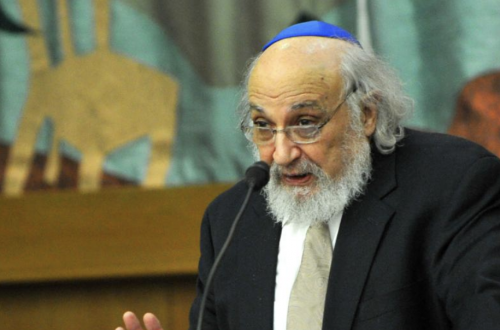By Colin Shindler, originally published in The JC.
In 1940, Eric Hobsbawm, a member of the Communist Party of Great Britain, characterised the war against Hitler as one of rival imperialisms between the Allies and Nazism and not as an anti-fascist struggle.
Although millions of Jews were trapped by Hitler’s invasion of Poland, Hobsbawm was silent. He regarded the sacrifice of the Jews as a sad necessity so that the Soviet Union might live.
This is not an approach which Ed Miliband’s family would have appreciated, given their last-minute escape from Nazi-occupied Belgium. Ed’s father, the well-known academic, Ralph Miliband, never exhibited Hobsbawm’s convoluted rationale.
While he was certainly no advocate of Zionism and very rarely commented on Israel, Ralph Miliband wrote on the eve of the Six-Day War: “What right do the Jews have to be in Palestine?… their right stems from the fact that the world is what it is, from Hitler’s persecutions etc. All this doesn’t amount to an answer. But the fact is there”.
Unlike Hobsbawm, Ralph Miliband was not trapped within theory. For him, the far left was often “incapable of distinguishing anything from anything, and reacts with a truly Pavlovian predictability to the slogans used to make it drool on cue.”
Many British Jews left the Communist Party because they had tired of the sacrifice of Jews for the greater good. Yet Hobsbawm remained wedded to his beliefs until the end.
Colin Shindler’s History of Modern Israel will be published in an updated edition by Cambridge University Press in December

